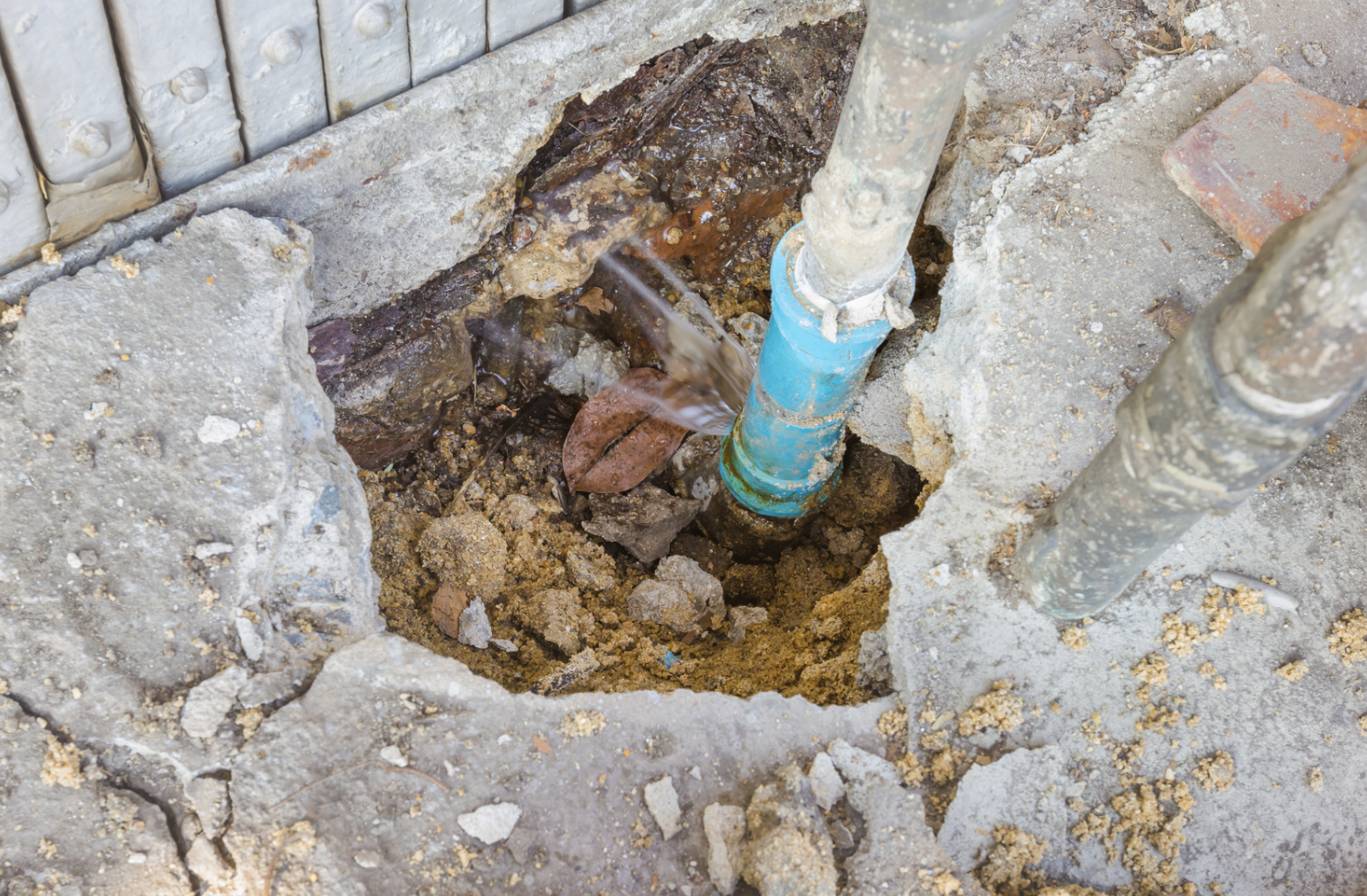Plumbing emergencies can strike at any time and can quickly escalate into major disasters if not addressed promptly. When it comes to commercial buildings, the stakes are higher, and the responsibilities greater. These emergencies can result in property damage, financial losses, and disruptions to business operations. As a property owner, it’s essential to know what constitutes a plumbing emergency and when to seek immediate professional assistance.
In this blog post, we will explore different scenarios that qualify as plumbing emergencies. Helping you understand the urgency of each situation and the steps you can take to mitigate potential damage.
Signs of a Plumbing Emergency
Burst Pipe
A burst pipe is one of the most severe plumbing emergencies. It can lead to extensive damage to property including:
- Water damage to floors, walls, and possessions
- Potential structural weakening
- Electrical system issues
- Mold and mildew growth
- Destruction of personal property
- Disruption to business operations
- Health hazards
If you encounter a burst pipe, it’s crucial to respond promptly by shutting off the main water supply immediately. Then call a licensed plumber to repair or replace the damaged section.
Sewage Backups
Sewage backups pose significant health risks and must be dealt with urgently. If you notice sewage coming up through your drains, avoid using water and contact a plumber immediately for proper cleanup and repair. These issues must be addressed immediately to prevent contamination and foul odors.
No Running Water
If you suddenly experience a lack of running water throughout your property, it could be a sign of a larger problem, such as a water main break. Respond quickly and contact your water utility company to check for any widespread issues, and if the problem is localized, call a plumber to inspect and resolve the issue.
Gas Leaks
A gas leak is a dangerous emergency that requires immediate attention. If you smell gas in your property or suspect a leak, evacuate the premises immediately, and call your gas provider or the emergency services. Avoid using any electrical switches or open flames until the issue is resolved.
Frozen Pipes
In cold climates, frozen pipes are a common concern during winter. If you suspect your pipes have frozen, turn off the water supply, and call a plumber to thaw the pipes safely. Attempting to thaw them yourself may lead to further damage.
Leaking or Overflowing Toilet
Continuous leaks or overflowing toilets might seem minor, but can quickly flood your bathroom and cause water damage. Shut off the water supply behind the toilet and use a plunger to try and clear the blockage. If the problem persists or worsens, call a plumber to address the issue.
Water Heater Leaks or Failures
A water heater that’s leaking can result in water damage and decreased unit efficiency. Should you notice any leaks around your water heater, it’s important to turn off the power and water supply and contact a plumber for inspection and repair.
Additionally, a water heater that’s not functioning properly can lead to issues like scalding hot water, insufficient hot water supply, or even a tank rupture. If you detect any irregularities with your water heater, promptly turn it off and seek the assistance of a plumber to diagnose and address the problem.
Clogged Drains
While a minor clog may not qualify as an emergency, severe or multiple clogs in your drains could indicate a more extensive issue in your plumbing system. If plunging or using drain cleaners does not resolve the problem, it’s time to call a plumber for professional assistance.
Act Fast! Importance of Handling Plumbing Emergencies
Knowing what counts as a plumbing emergency is important to safeguard your property from potential damage and ensure the well-being of your business. When it comes to plumbing, timing is of the essence. Swift action can prevent further damage, save you money, and protect the health and safety of your building’s occupants. When faced with any plumbing emergency, don’t hesitate to shut off the water supply, evacuate if necessary, and contact a licensed plumber who can promptly address the issue and restore your plumbing system to proper working order. Your response can make all the difference!






